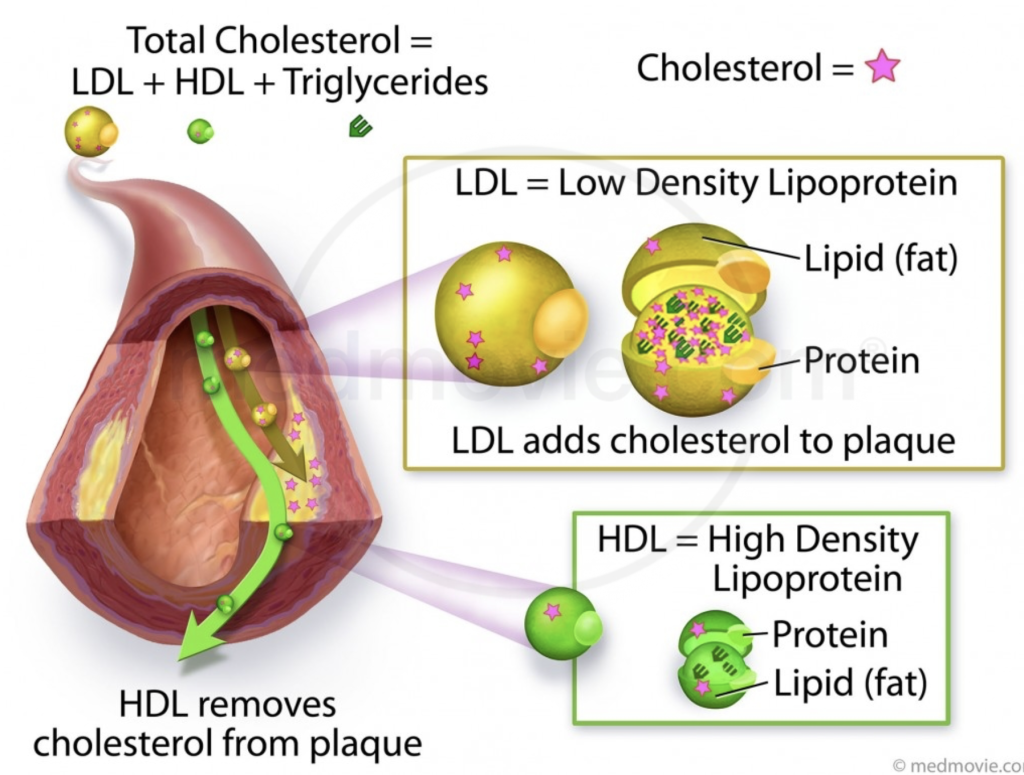Blog 15. “Can Bioresonance Treat Cholesterol?” Insights from Australian Statistics.
In Australia, high cholesterol poses a significant health concern, affecting a substantial portion of the adult population. According to the Australian Bureau of Statistics, approximately 4.6 million Australian adults, or 31.7% of the population, grapple with elevated LDL or ‘bad’ cholesterol levels. Regrettably, less than 29.5% of individuals with high LDL cholesterol have their condition adequately managed. High levels of total cholesterol double the risk of heart disease, underlining the critical need for effective management strategies. Additionally, high cholesterol levels significantly elevate the risk of various diseases, often coexisting with overweight and obesity. In this context, this article aims to elucidate the causes and dangers of high cholesterol and explore the potential effectiveness of bioresonance in its management.
Cholesterol, a vital type of lipid essential for proper bodily function, is present in the blood. The body naturally produces cholesterol, but diet also serves as a substantial source. High cholesterol occurs when an excess of cholesterol accumulates in the bloodstream, leading to arterial buildup. This buildup results in narrowed arteries, impeding smooth blood flow and potentially causing severe consequences like inflammation, blood clots, strokes, or heart attacks.
Understanding the distinction between LDL and HDL cholesterol is imperative, as cholesterol is frequently misconceived. LDL, or ‘bad’ cholesterol, is deemed detrimental by the National Heart Foundation of Australia, given its contribution to arterial plaque. Conversely, HDL, known as ‘good’ cholesterol, aids in removing LDL cholesterol from arteries. Maintaining healthy HDL cholesterol levels offers protection against heart attacks and strokes, while elevated LDL cholesterol increases the risk of cardiovascular diseases.
Several factors contribute to high cholesterol, underscoring its multifaceted nature. Common culprits include an unhealthy diet rich in saturated and trans fats, excess weight or obesity, a sedentary lifestyle devoid of physical activity, advancing age (typically post-20 years), certain diseases like liver disorders, diabetes, chronic kidney disease, hypothyroidism, and genetic predispositions stemming from familial high cholesterol levels. Unhealthy habits such as smoking and certain medications can also elevate cholesterol levels.
Effective management of high cholesterol involves a combination of approaches, including lifestyle modifications and, when necessary, prescribed medications. These modifications encompass maintaining a balanced diet, regular exercise, choosing healthier fats, eliminating trans fats, consuming whole grains, weight management, addressing underlying medical conditions, ceasing smoking, incorporating fish and seafood, increasing fruit and vegetable consumption, and limiting alcohol intake.
One intriguing avenue for consideration in cholesterol management is bioresonance therapy, an alternative medical practice employing electromagnetic waves to diagnose and treat various health issues. In cholesterol management, bioresonance aligns with a naturopathic approach, seeking to combat high cholesterol naturally without resorting to medications. This therapeutic approach involves cleansing the liver, employing the BICOM device to target parasites, enhancing blood flow, and stabilising vessel walls. Impressively, this approach boasts a 90% success rate with a treatment duration of 6 to 12 weeks, aiming to unclog the liver, decrease LDL levels, and elevate HDL cholesterol levels.
Crucially, BICOM therapy plays a pivotal role in this naturopathic approach, involving liver detoxification, testing and treating parasites, addressing metabolism, and improving intestinal wall lymph and intestinal flora. Highlighting the importance of tackling high cholesterol, the naturopathic approach employs bioresonance therapy to naturally boost health through liver detoxification and efficient management of cholesterol levels.
In conclusion, high cholesterol is a pressing health issue affecting a significant portion of the Australian population. Its association with heightened risks of various diseases necessitates comprehensive management strategies. While conventional approaches and lifestyle adjustments are essential, exploring alternative options like bioresonance therapy within a naturopathic framework offers a promising avenue for managing cholesterol levels and promoting overall health.
Remember to subscribe to the channel! t.me/pnlclinic
